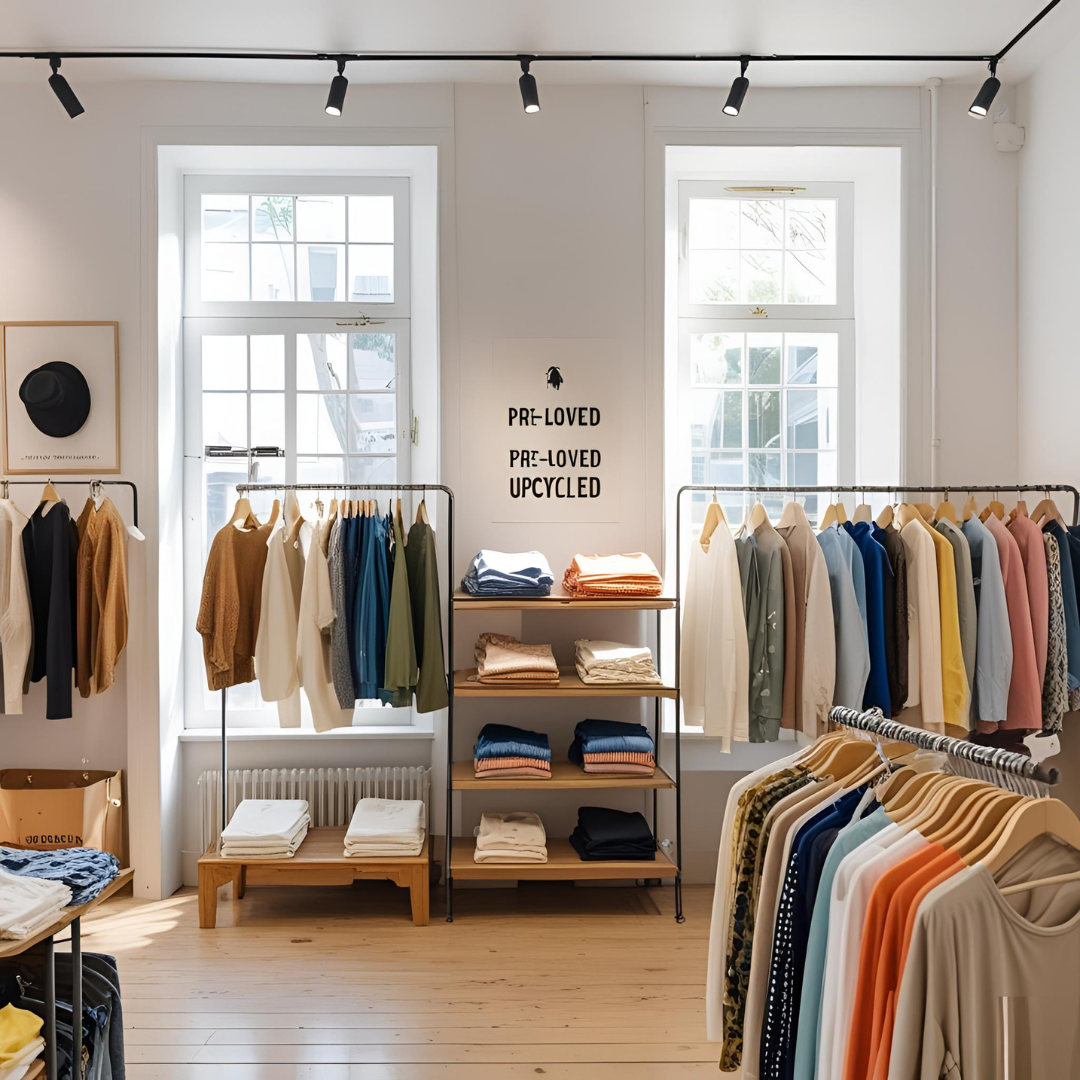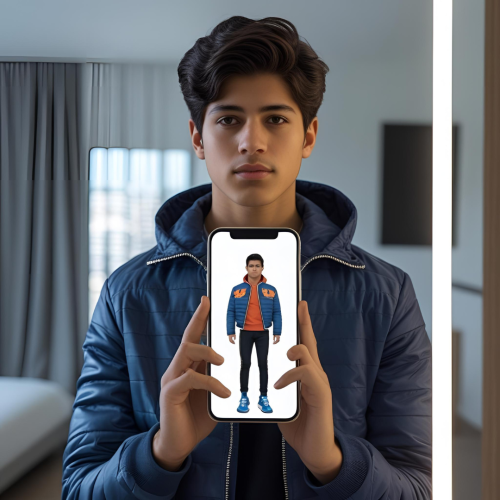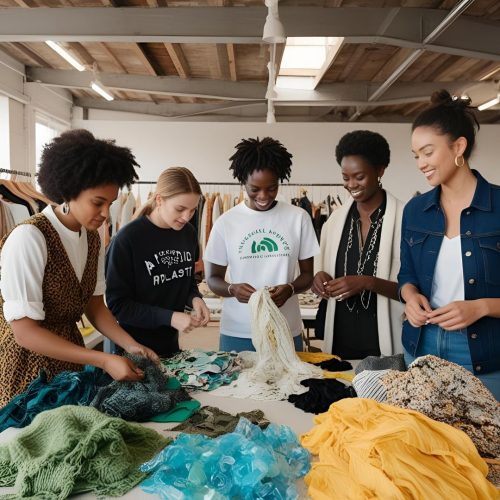The secondhand market is booming in the United States — and now it has formal support from Congress. In 2025, the Re-commerce Caucus was launched, a bipartisan group of legislators promoting conscious consumption through secondhand commerce and sustainable business models. This initiative is a key milestone for entrepreneurs, consumers, and brands involved in upcycling and digital resale.
In this article, we explore how public policy is helping to shape a new economic landscape, creating real opportunities for creative and sustainable businesses while strengthening the connection between conscious consumption and institutional support.
What Is the Re-commerce Caucus?
The Re-commerce Caucus is a bipartisan legislative front created to support sustainable consumer behavior. Its core mission includes promoting the resale of secondhand products, supporting small business owners, and facilitating operations for companies engaged in circular models — including upcycling, or creatively repurposing used materials.
Key goals of the caucus include:
- Raising awareness about the circular economy;
- Introducing tax incentives for sustainable business practices;
- Reducing unnecessary taxation on secondhand items;
- Establishing transparent guidelines for product authentication and consumer protection.
All proposals are designed to function within a regulated, transparent framework, aligning with local tax and environmental laws. This ensures full compliance with platforms like Google AdSense, which require responsible and legally sound content.
Why Is This Relevant Now?
There are three major reasons behind the rising interest in policies that promote recommerce:
1. Growth of the Circular Economy
Circular business models are gaining momentum worldwide. They prioritize waste reduction and more efficient use of natural resources. Brands that resell, repair, or transform products play a vital role in lowering environmental impacts — while building financially sustainable operations.
2. Rising Demand for Sustainability
Today’s consumers, particularly Gen Z and Millennials, are choosing brands that reflect their values. Over 70% of adults aged 25–34 in the U.S. reported buying at least one secondhand item in the past year. The appeal lies in affordability, uniqueness, and environmental responsibility.
3. Support for Creative Entrepreneurship
Businesses that reuse fabric scraps, reclaimed wood, or post-consumer materials are gaining traction in fashion, decor, and lifestyle. With policy support, these initiatives may access tax relief, loans, training, and greater visibility.
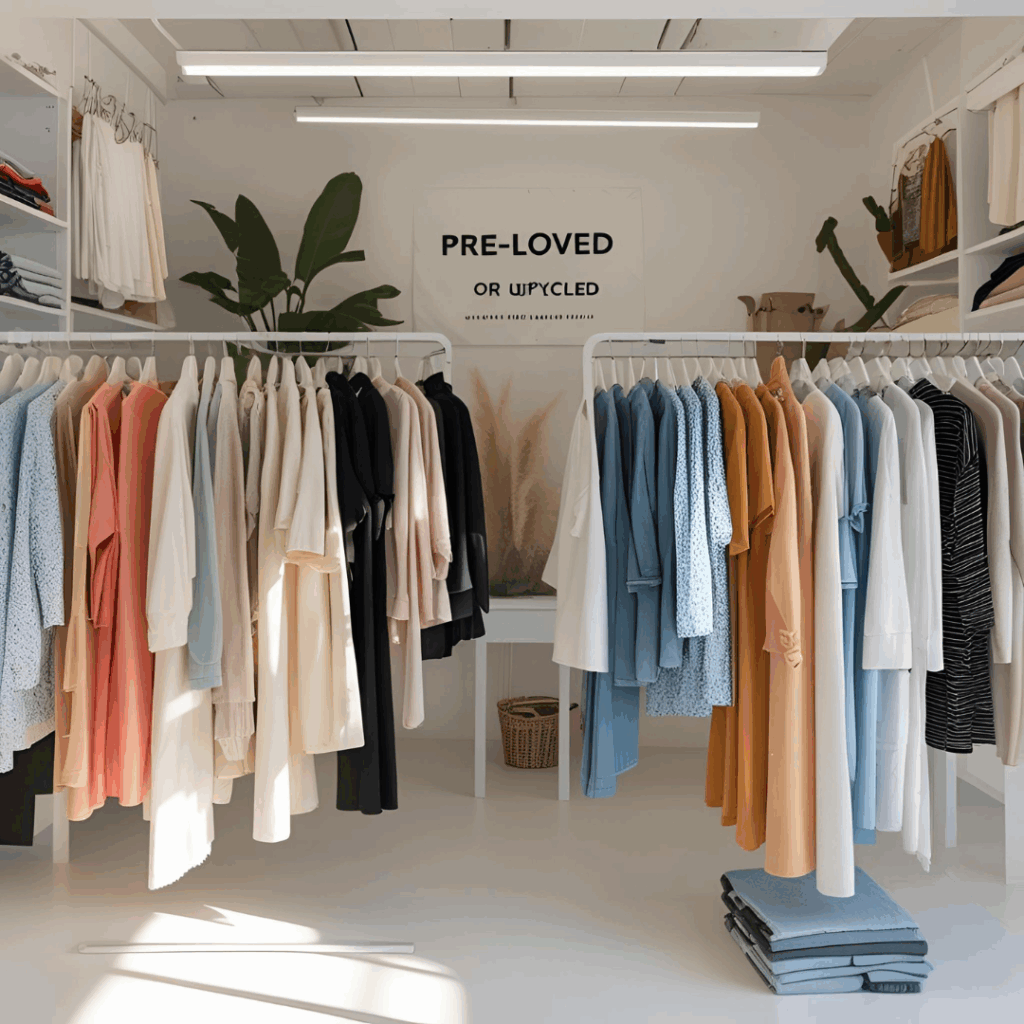
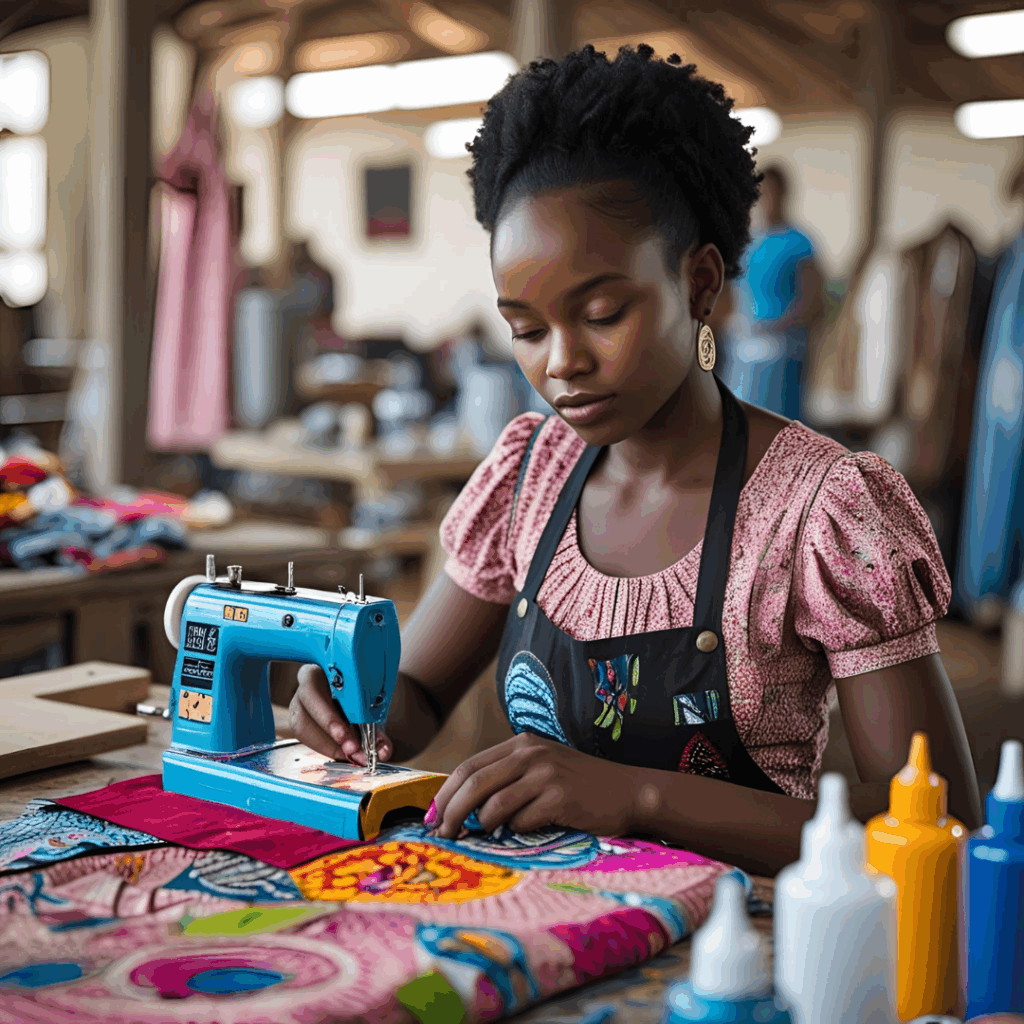
Market Insights
- In 2024, the global secondhand market was valued at US$186 billion.
- It’s expected to reach US$1.04 trillion by 2035, with a compound annual growth rate (CAGR) of 17%.
- The secondhand fashion sector is one of the fastest-growing segments, especially among younger shoppers.
These figures reveal the scale of this transformation and suggest that legislative support could significantly accelerate the adoption of circular practices.
How the Re-commerce Caucus Supports Upcycling
Upcycling — turning used or discarded items into higher-value products — directly benefits from the policies being shaped by the caucus.
A. Structured Tax Incentives
Businesses that comply with environmental standards and reuse materials responsibly could benefit from future tax credit programs, reducing operational costs and encouraging reinvestment in innovation and reverse logistics.
B. Fairer Taxation on Secondhand Products
In many U.S. states, secondhand goods are taxed similarly to new ones, discouraging resale. The caucus aims to modernize this structure, making resale more competitive and aligned with the actual value chain.
C. Support for Local Entrepreneurs
The caucus advocates for funding, training, and visibility for small and independent upcyclers — such as fashion ateliers and local artisans. This enables job creation and strengthens local economies.
D. Product Authentication and Traceability
Another proposal includes improving traceability tools — such as digital tags, QR codes, and certification labels — to protect consumers and ensure transparency. This builds trust and supports ethical branding, fully aligned with AdSense advertising policies.
Opportunities for Sustainable Businesses
The formation of this caucus opens multiple paths for those already working with upcycled products or planning to enter the recommerce space:
| Sector | Opportunity |
|---|---|
| Fashion | Launching collections from deadstock or altered garments |
| Home decor | Selling creatively restored furniture and upcycled accessories |
| Electronics | Refurbishing and certifying used tech for resale |
| Accessories | Handmade items from post-consumer or discarded materials |
| Education | Workshops and courses on upcycling as a creative or vocational path |
All these activities, when compliant with local laws, offer real market potential and may soon access public programs.
Real-World Success Stories
Well-known brands are already proving that recommerce and upcycling can be profitable, ethical, and scalable:
- Eileen Fisher Renew takes back used garments and resells them after expert restoration;
- Patagonia Worn Wear refurbishes outdoor gear, offering items with a new life;
- ThredUp and Poshmark enable millions of users to buy and sell pre-loved fashion in a trusted online environment.
These examples demonstrate how circular businesses can thrive while meeting quality, safety, and transparency standards.
Challenges to Consider
Despite the potential, some challenges must be addressed:
- Reverse logistics infrastructure: Collecting, storing, and delivering secondhand goods requires coordination and investment.
- Standardization: Ensuring consistent quality in reused items is essential to build consumer confidence.
- Consumer education: Many people still associate secondhand goods with low quality. Educational campaigns are needed to shift perceptions.
- Policy implementation: Proposed benefits will need time and collaboration to become law and take effect across states.
Future Trends
Over the next decade, upcycling and recommerce will likely evolve into mainstream models. Some key trends to follow:
- Supply chain transparency and the use of digital tools for traceability;
- Design innovation focused on longevity and repurposing;
- Public-private partnerships for reverse logistics and local hubs;
- Community-based entrepreneurship, empowering artists, artisans, and small brands;
- Sustainable marketing, aligning storytelling with ecological and social values.
These trends not only create new revenue streams — they also align with digital advertising policies that reward high-quality, value-driven content.
What’s Next?
With the secondhand economy expected to surpass US$1 trillion by 2035, the Re-commerce Caucus has the potential to shape the U.S. as a global leader in sustainable commerce. New legislation, if implemented effectively, may:
- Provide fiscal incentives to registered businesses;
- Support logistics infrastructure for circular supply chains;
- Establish national standards for secondhand product quality and safety;
- Promote ethical consumption through education and public awareness.
For upcycling entrepreneurs, this is the time to build networks, align with local regulations, and innovate around sustainability.
The Re-commerce Caucus marks a significant milestone in the future of conscious commerce. With bipartisan support and growing consumer demand, the shift toward circular business models is accelerating — and upcycling brands are well-positioned to lead this movement.
To succeed in this evolving landscape, businesses must focus on:
- Product quality and durability;
- Transparent sourcing and manufacturing;
- Compliance with local and national regulations;
- Positive consumer experiences;
- Marketing practices that are accurate, inclusive, and aligned with advertising guidelines.
By doing so, they not only help build a healthier planet — but also gain visibility and long-term relevance in the digital economy.
💬 What About You?
- Are you part of a sustainable business or circular initiative?
- Have you ever purchased or sold a secondhand or upcycled item?
- How do you see this market evolving in the coming years?
Let’s keep the conversation going — your ideas matter and can inspire others to rethink consumption in a creative, conscious way.

